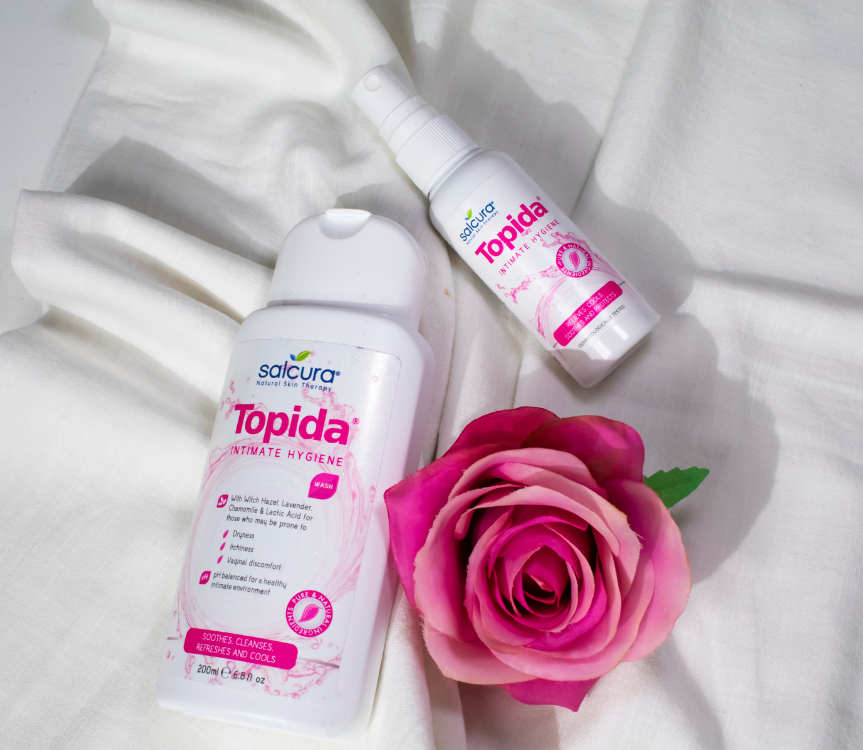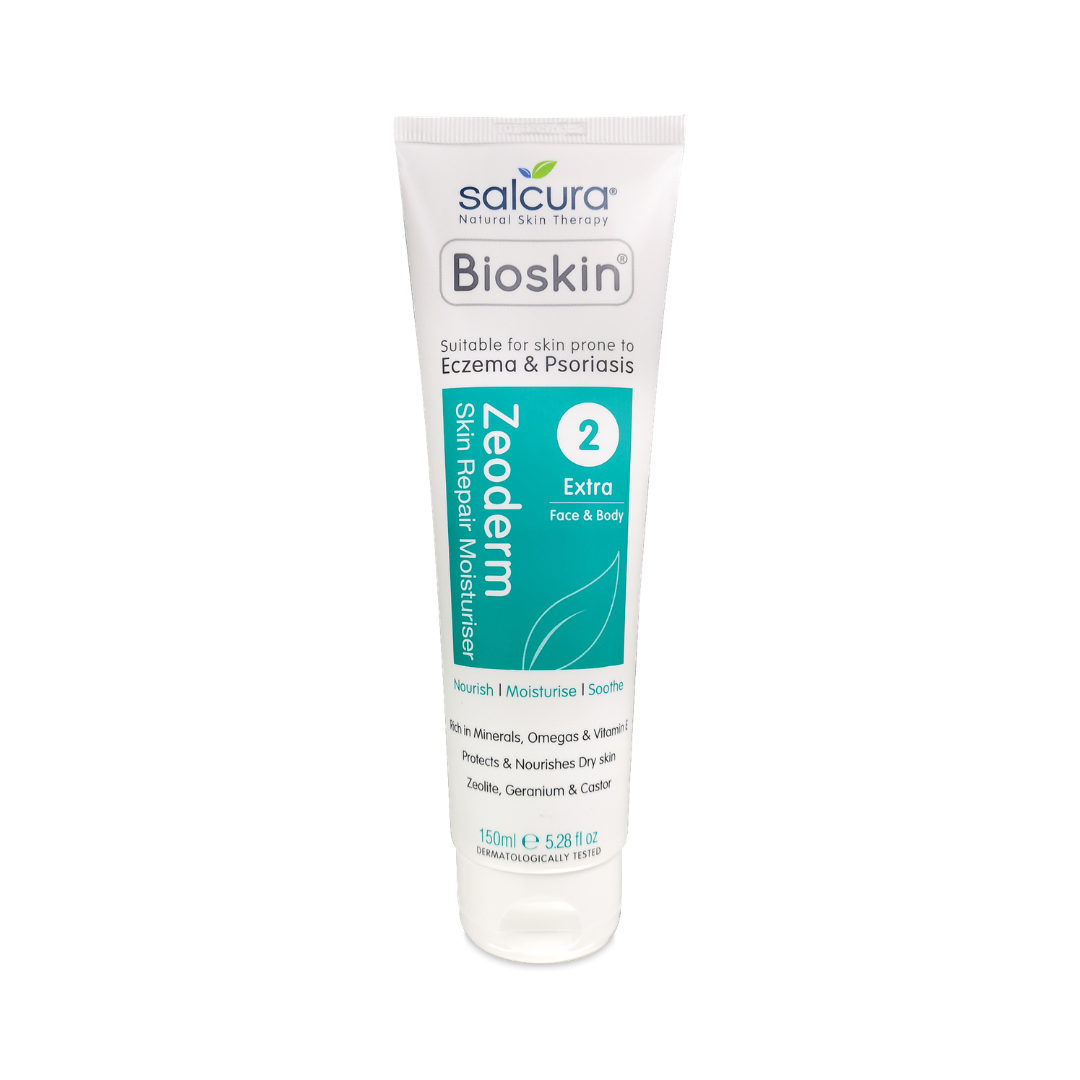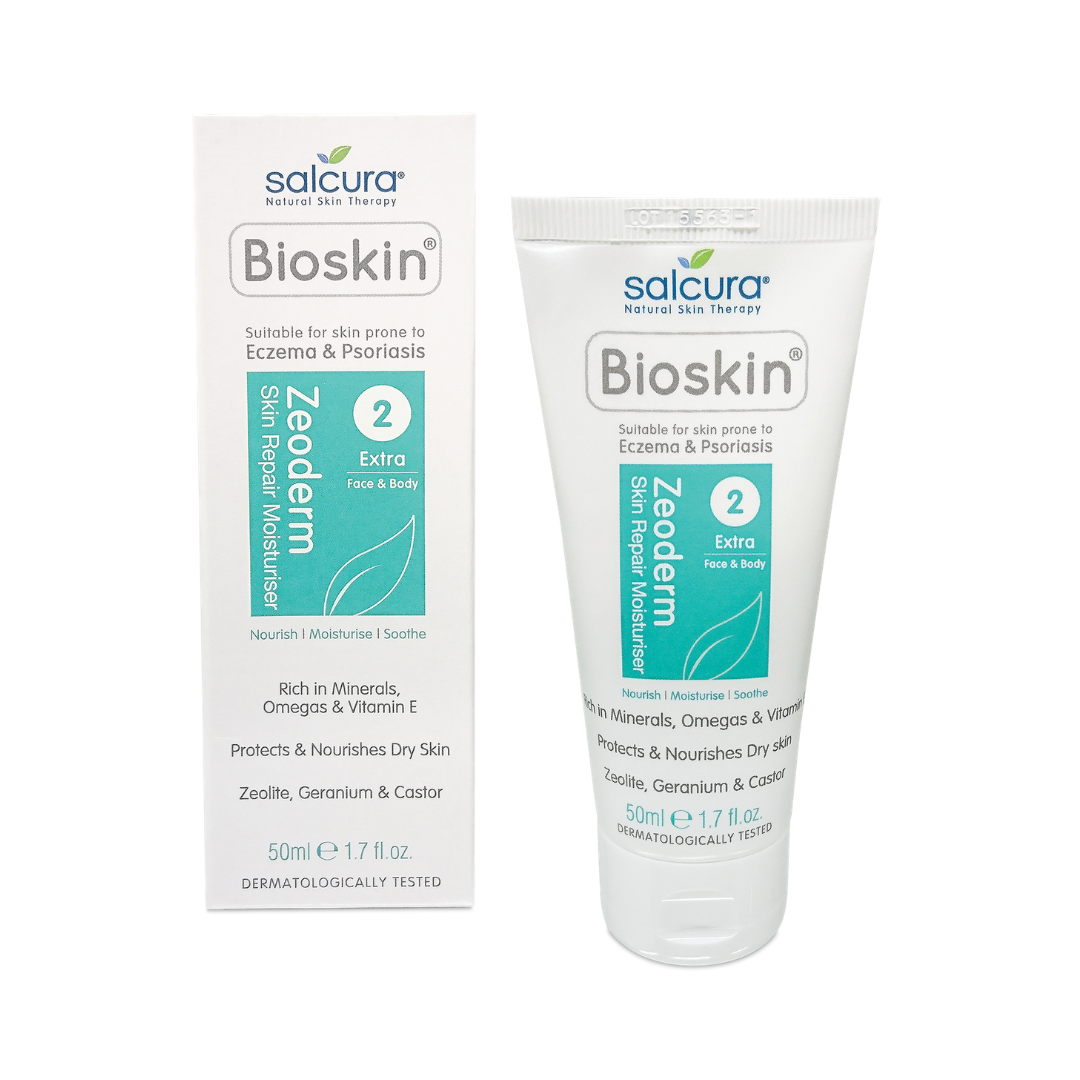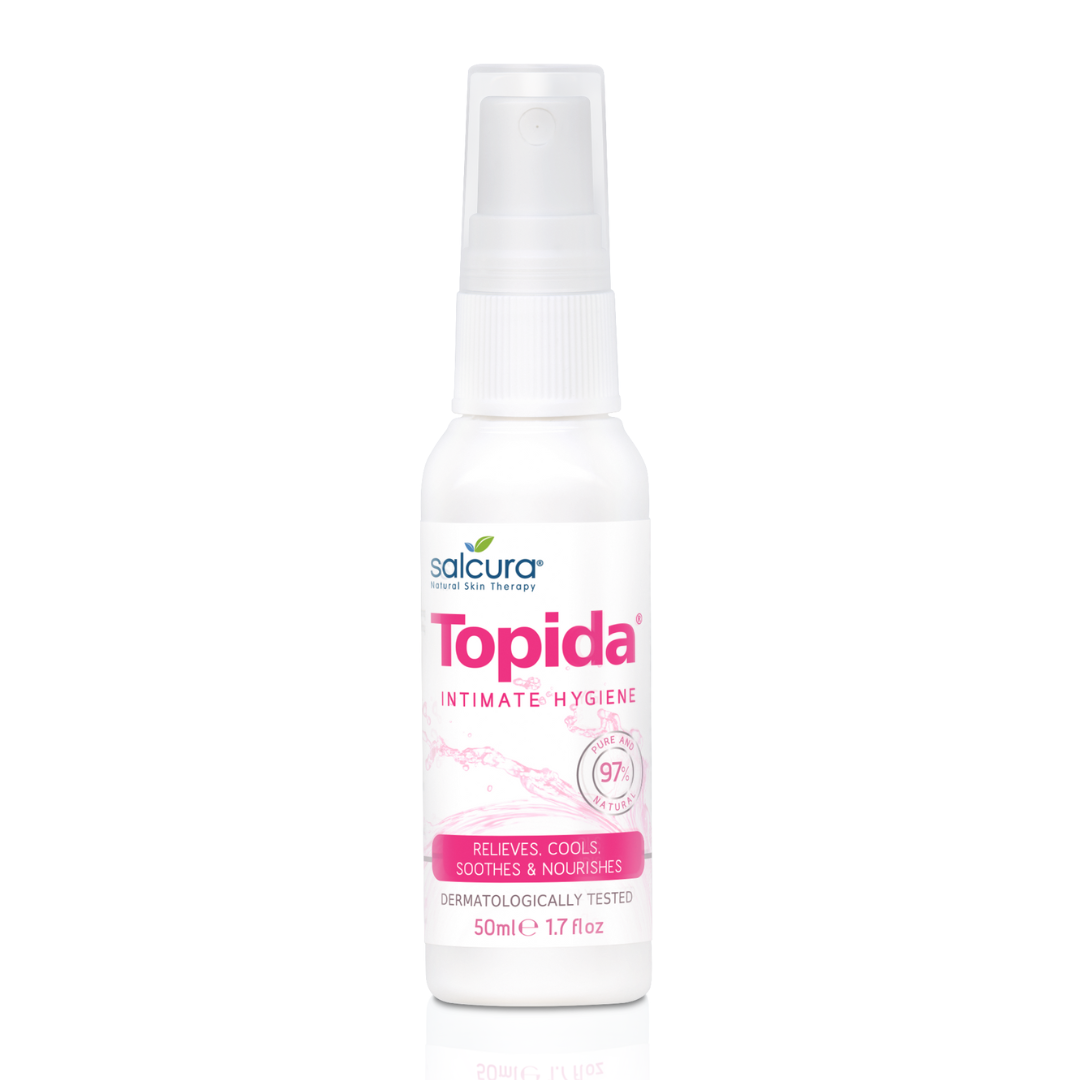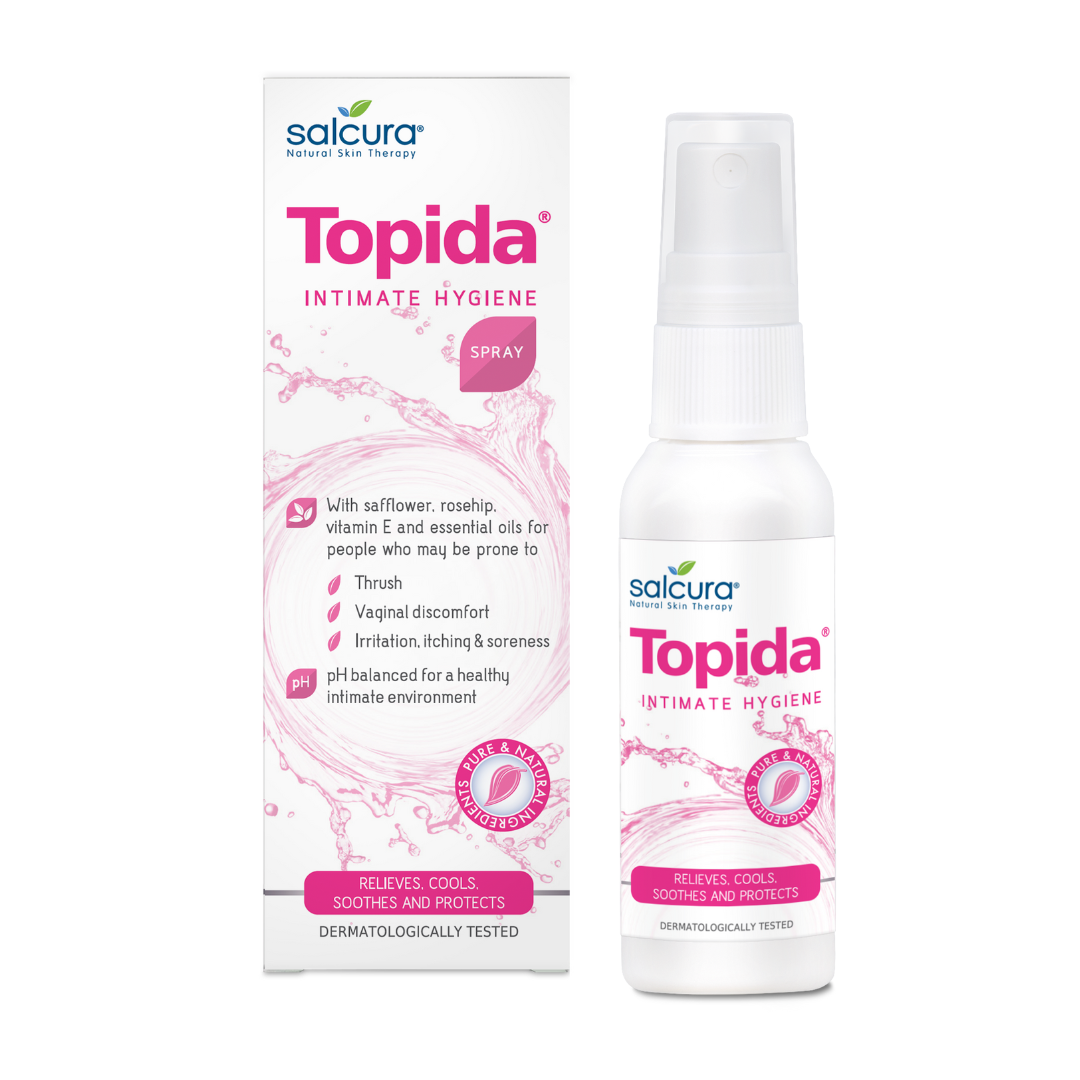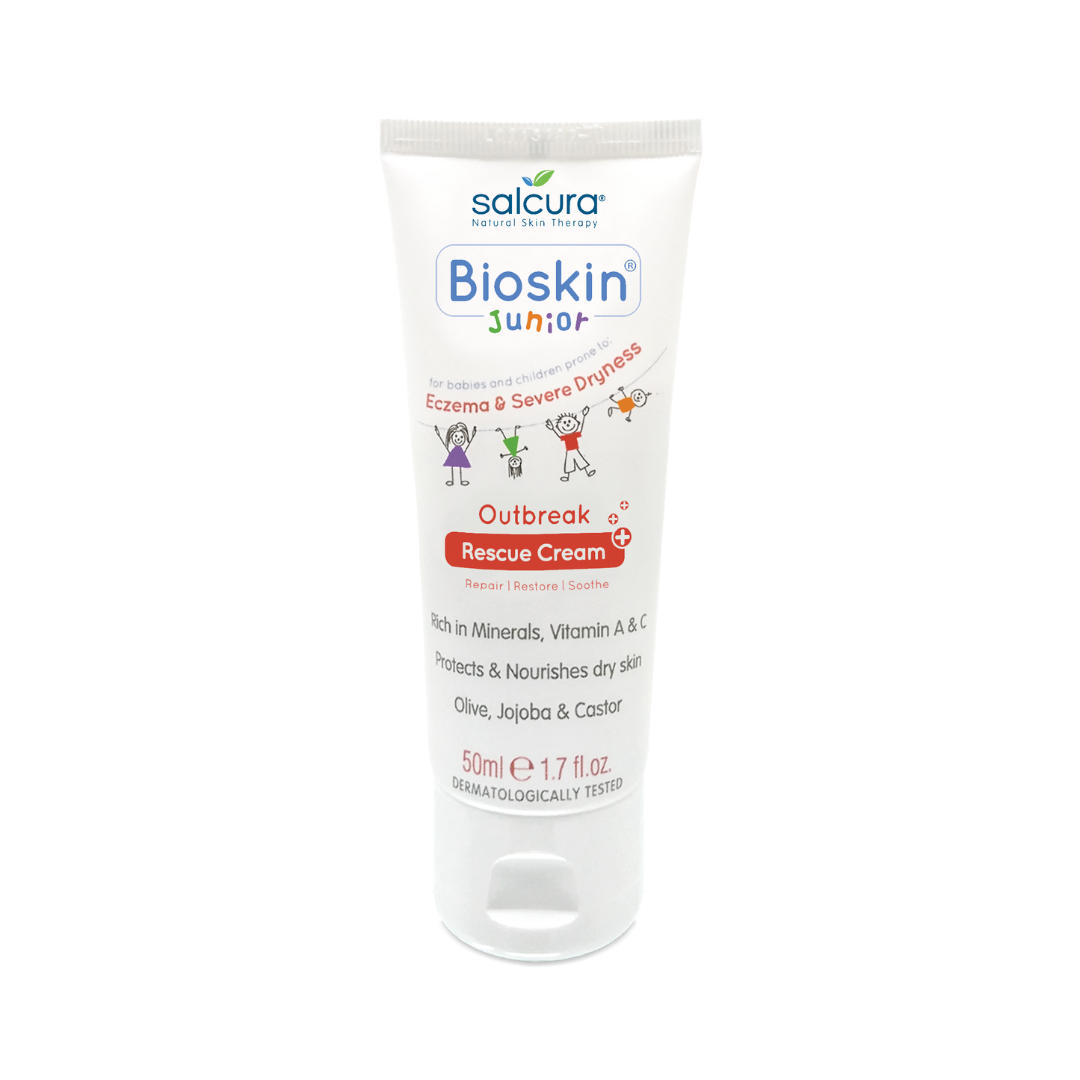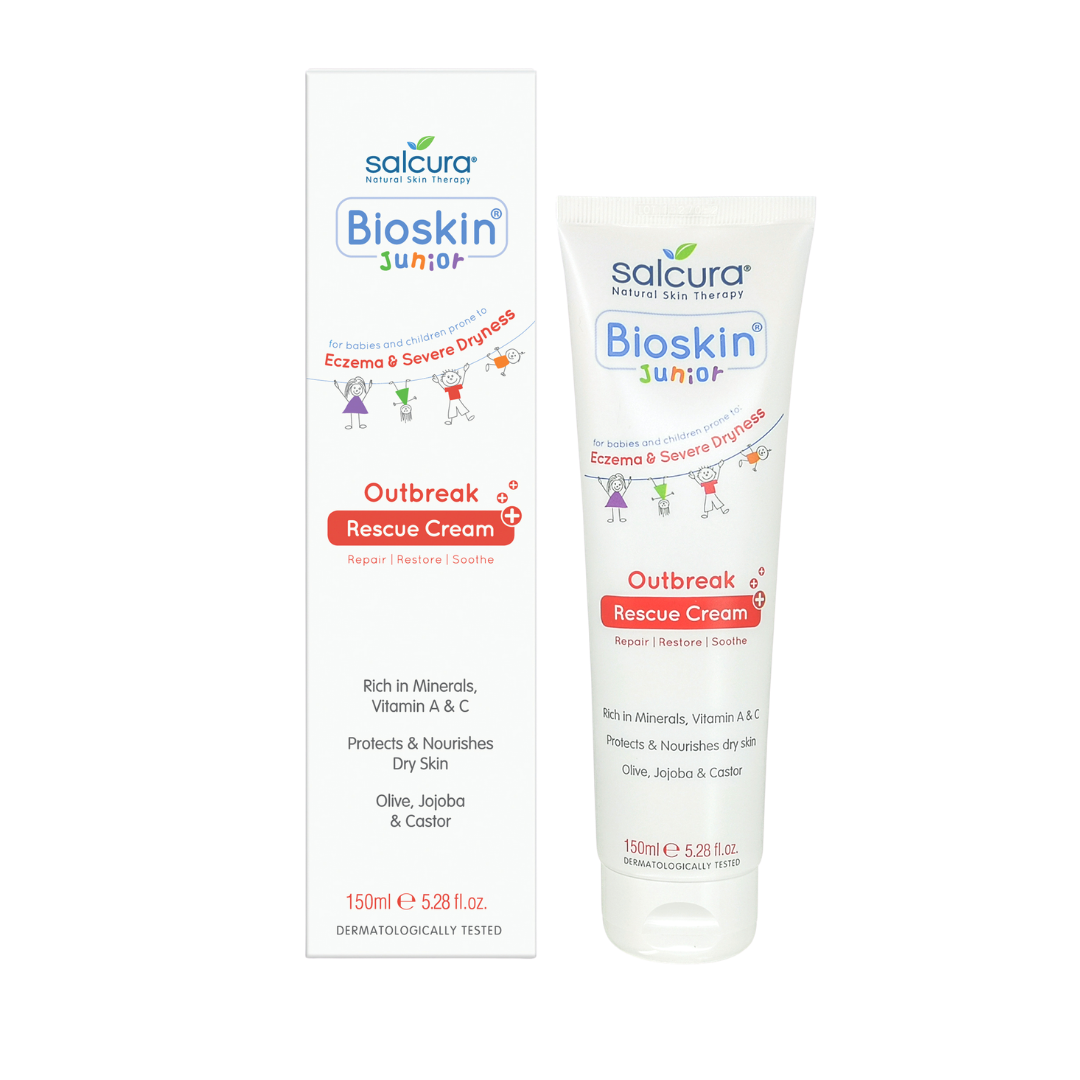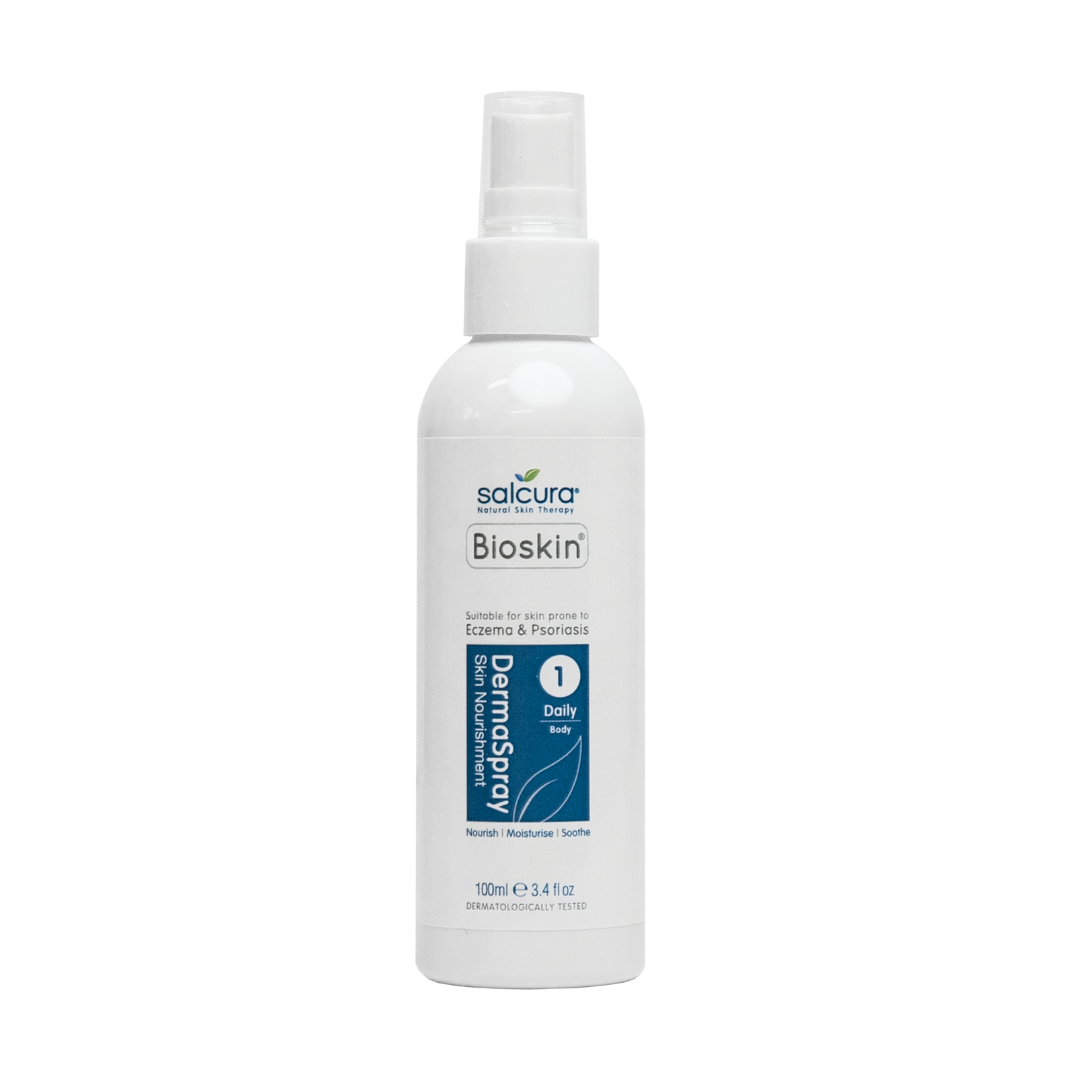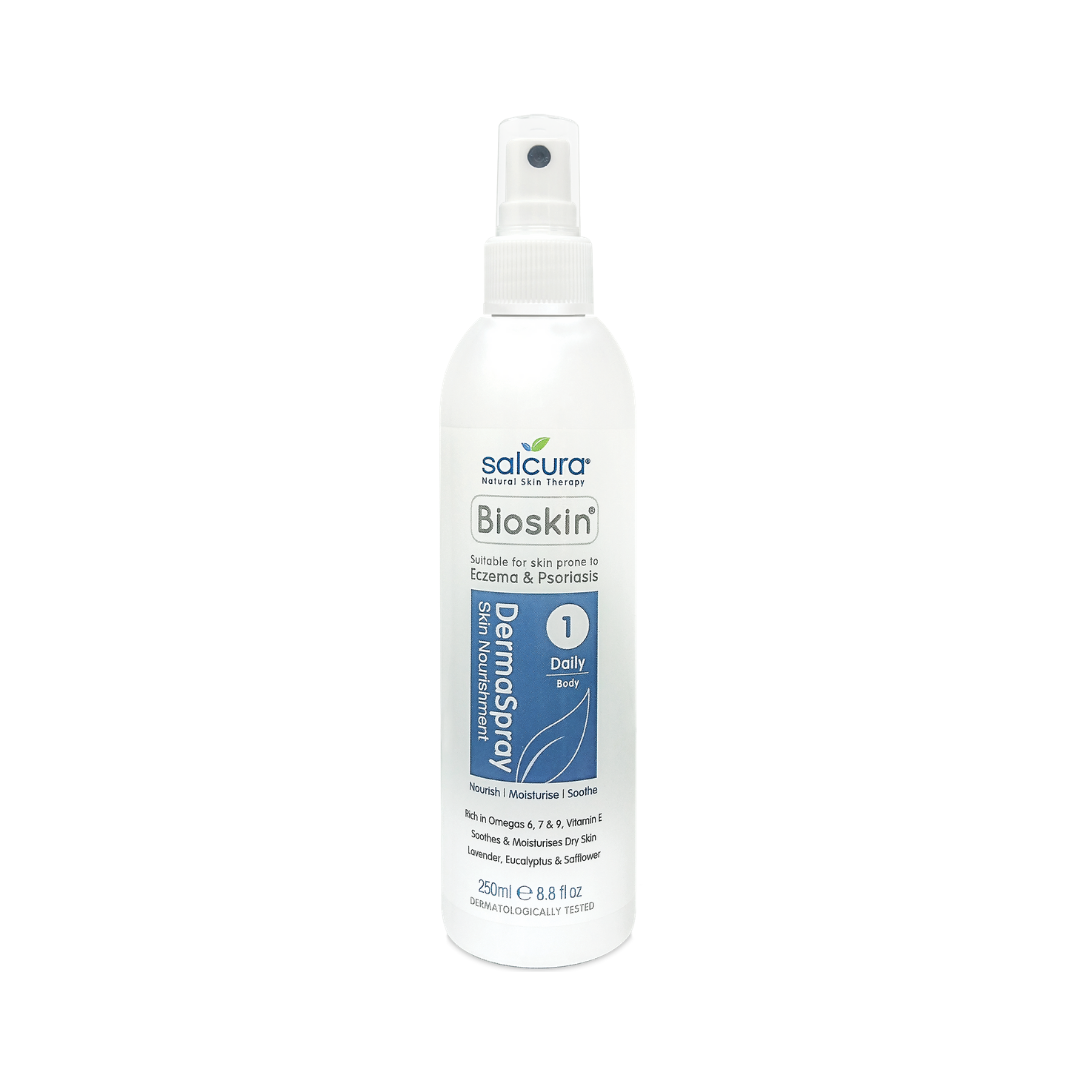We are fortunate to live in a world where food allergies are increasingly taken into account. The supermarket shelves have made room for a gluten-free section and there is an abundance of dairy-free milk variants and other 'dairy' products. This means that life with a food allergy is growing increasingly manageable.
Food allergies vs food intolerances
It may be important to first address how a food allergy is different from food intolerance. We can recognise a food allergy when your immune system starts playing up the moment you eat foods that you are allergic to. This means that symptoms ranging from rashes to anaphylactic shock are considered allergic reactions. Food allergies are when your body identifies a protein in food to be ‘dangerous’, inspiring it to release antibodies. Sometimes allergic reactions are also an after-effect of your body failing to release these antibodies in defence.
In comparison, food intolerance is when your body cannot tolerate certain foods well, but there is no allergic reaction. This intolerance can have various causes; one being that you are missing a certain substance to break down certain foods. This is often the case, for example, with lactose intolerance. Your body lacks the substance that ensures that milk sugar (lactose) can be broken down in the body.
Symptoms of food allergies
Each person can experience different skin reactions to a food allergy. Common skin symptoms caused by food allergies are:
- Itching
- Redness
- Hives
- Increased dryness
- Eczema (atopic dermatitis)
- Fluid build-up in the skin
- Itchy bumps
- Cracks in the skin
- Rashes
- Swelling of the lips, face, tongue and throat or other parts of the body
In addition, there are a number of other sever symptoms that can arise, such as intestinal complaints, shortness of breath and cough or anaphylactic shock.
When the symptoms are mild and, for example, you only suffer from the skin with mucous membranes, it is sometimes difficult to distinguish where your symptoms come from. Maybe you have irritated skin, itching and weird spots and you think you suffer from eczema, so the underlying cause may be a food allergy.
Find out more about the Symptoms and causes of food allergies here.
Food allergies and eczema
There is still lots of research being conducted on what a food allergy is and why the skin and body react to it the way it does. There is a clear connection between eczema and food allergies. While it has been proven that eczema in some patients may be worsened by food allergies, the there is also evidence that eczema may sometimes be responsible for the development of the allergies. According to the research from The Lancet, eczema appeared to precede the development of and allergy, hay fever and asthma, suggesting that the former somehow triggered the latter.
(Source: Does atopic dermatitis cause food allergy? A systematic review, The Lancet)
Taking care of the skin
According to Dr. Leung (National Jewish Health) proper care, such as moisturising a baby's skin regularly can prevent future eczema and food allergies.
This research claims that eczema (where the skin is dry, flaky, and often cracked) causes the skin's protective properties to weaken, allowing pathogens to penetrate more easily. Patients with eczema lack important proteins in the outer layer of the skin, causing the skin's protective layer to fail. This causes itching and cracks in the skin.
(source: Cracks in the Skin of Eczema Patients Promote Allergic Diseases- National Jewish Health)
Scratching dry, itchy skin can further damage the skin and activate the immune system. Pathogens, such as food particles, that enter the skin through cracks can cause an allergic reaction.
At Salcura we believe in prevention and the power of repairing your skin form the inside out. Our holistic approach means giving your skin the right nutrients to build up and strengthen the skin barrier from a young age. Our Bioskin Junior Nourishing Spray does exactly this! Use in conjunction with the Bioskin Junior Rescue Cream for the best results. Our Bioskin Junior range is suitable for fragile, allergic and eczema prone skin.
For adult skin, we recommend our go-to bestsellers Bioskin DermaSpray in conjunction with the Bioskin Zeoderm. Make sure you moisturise your skin well so that you minimize any skin complaints as much as possible.
Do you think you suffer from a food allergy? Or do you have symptoms that do not seem to go away when you have already tried everything? It may be wise to go to the doctor and ask for an allergy test.




